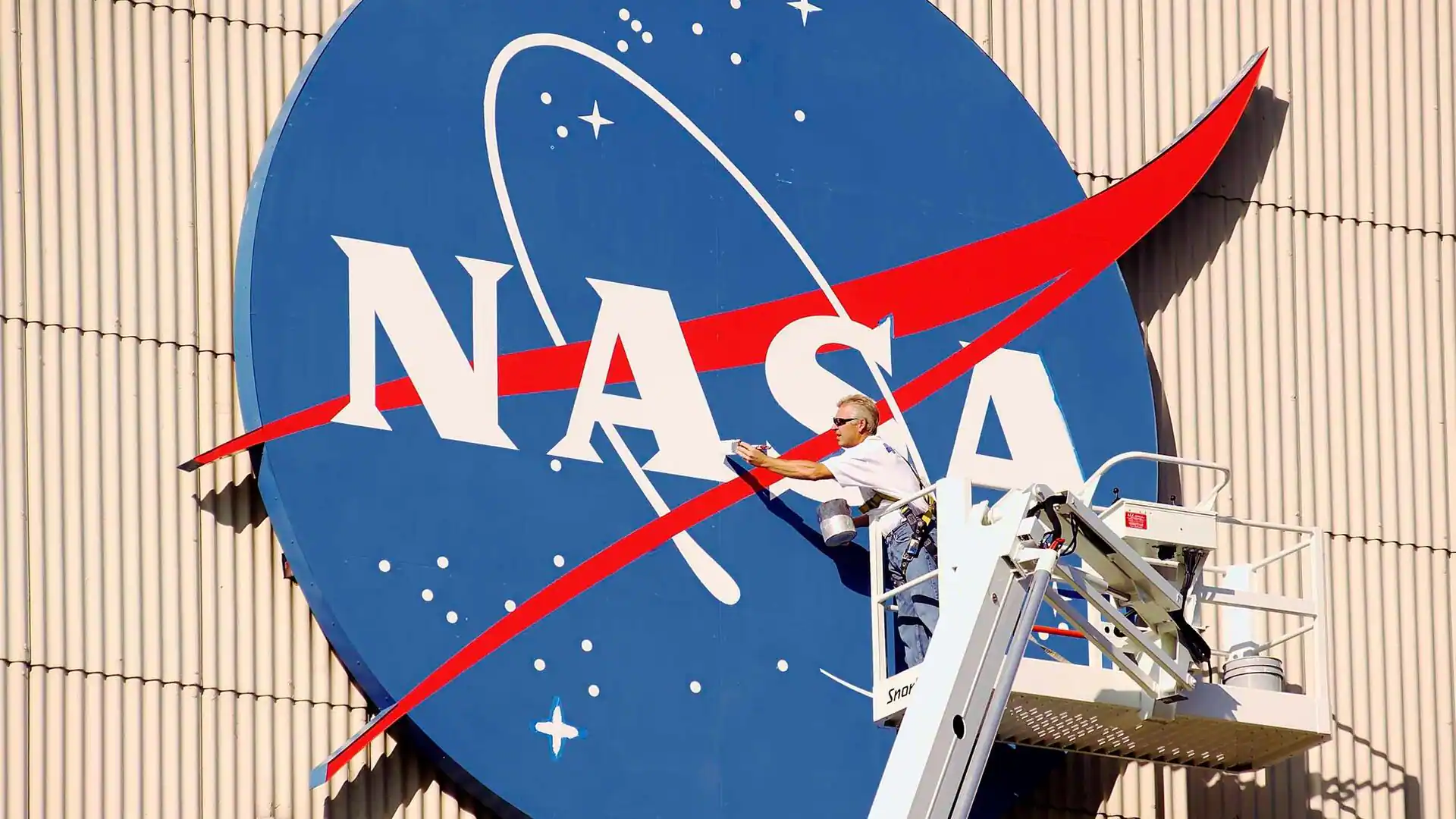By Akash Pandey
Copyright newsbytesapp

Late last month, the Trump administration issued an executive order quietly designating NASA as a national intelligence and security agency. The change in status means its main function will now include intelligence, counterintelligence, investigative, or national security work. The move was first reported by Keith Cowing, founder of NASA Watch and a former scientist at the space agency. This marks a significant shift for NASA, which has spent the past 67 years primarily focused on space exploration and space sciences. The change in NASA’s status has sparked protests among its employees. The discontent stemmed from the order adding NASA to the Federal Service Labor-Management Relations Statute (FSLMRS), excluding it from collective bargaining representation. This move was seen as an attack on labor rights, prompting a demonstration outside of NASA’s Washington, DC headquarters earlier this week. Along with the executive order, the Trump administration also proposed a nearly 25% cut to NASA’s budget for 2026. The proposed reduction would bring down funding from $24.8 billion to $18.8 billion, with most of the cuts impacting science programs at the agency. Meanwhile, Sean Duffy, acting chief of NASA, has said that Trump is keen on reaching the Moon and Mars before China does. The executive order and budget cuts come at a turbulent time for NASA. The White House has threatened to halve the agency’s science budget for the next fiscal year, potentially putting dozens of major space missions on hold. Despite lawmakers suggesting a more lenient revision to the proposed budget, time is running out for NASA as it navigates these changes under the Trump administration.



